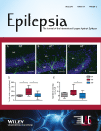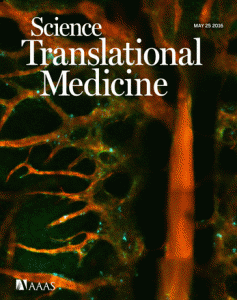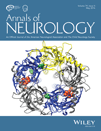 Epilepsy researcher Toni Schneider has received a retraction and a correction in quick succession, after a former colleague raised red flags about the work.
Epilepsy researcher Toni Schneider has received a retraction and a correction in quick succession, after a former colleague raised red flags about the work.
The retraction for Schneider, based at the University of Köln in Germany, is for “unintentional inclusion of erroneous data” due to limitations of the recording system used in the paper, according to the notice.
Marco Weiergräber, a former colleague of Schneider’s, has claimed that the authors of the paper did not use the test properly. The journal editor, however, told us he believes the original analysis is an “honest mistake,” and there is “no evidence” to suggest that the authors intentionally published incorrect analyses.
Here’s the retraction notice, issued by the journal in March 2016: Continue reading Epilepsy researcher gets retraction, correction after former colleague flags work
 Nearly five months after a graduate student at the Albert Einstein College of Medicine spontaneously confessed to cooking data, the U.S. Office of Research Integrity (ORI) said today that she has agreed to exclude herself from receiving government funding for three years.
Nearly five months after a graduate student at the Albert Einstein College of Medicine spontaneously confessed to cooking data, the U.S. Office of Research Integrity (ORI) said today that she has agreed to exclude herself from receiving government funding for three years. A leading medical journal is taking a second look at a recent high-profile paper about elephants’ lower risk of cancer, after receiving a
A leading medical journal is taking a second look at a recent high-profile paper about elephants’ lower risk of cancer, after receiving a 





